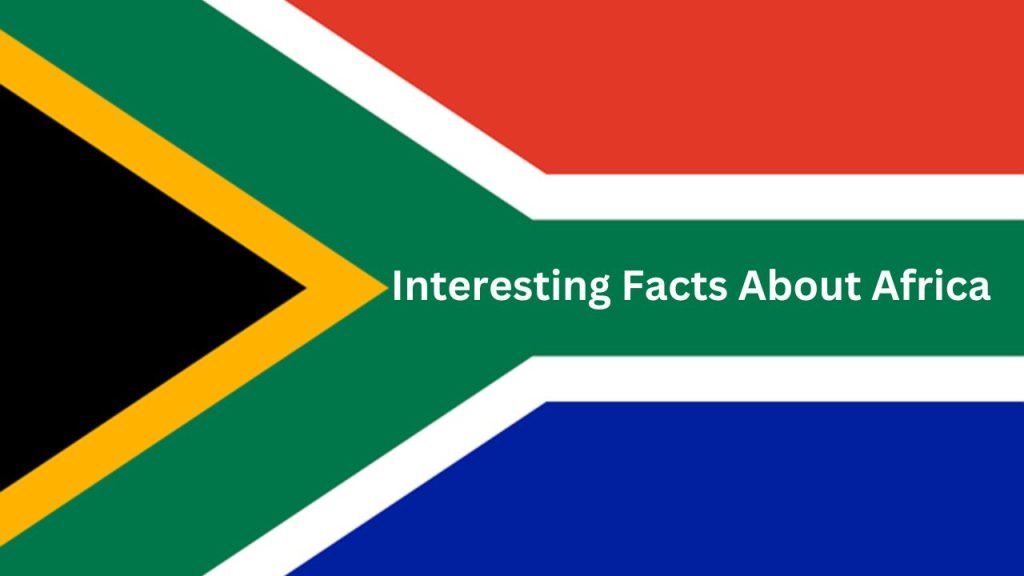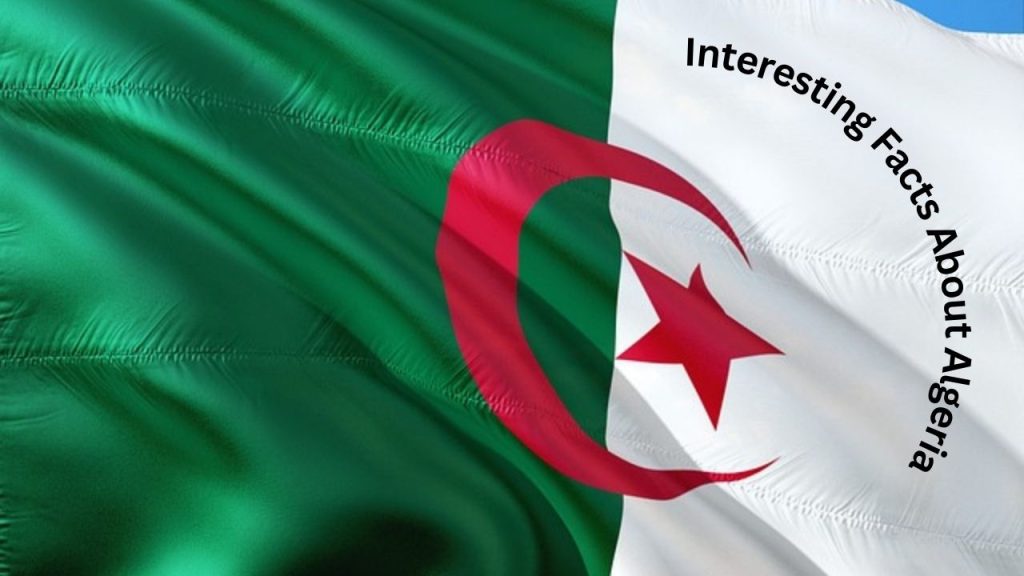Explore interesting facts about Africa in this 2000+ word article, covering its diverse cultures, wildlife, history, and landscapes. Discover the beauty and uniqueness of the continent.
Africa, the cradle of humankind, is a land of astounding diversity, culture, history, and natural beauty. From vast deserts to dense rainforests, from ancient civilizations to modern cities, Africa offers an endless array of fascinating facts that make it one of the most captivating continents. Whether you’re intrigued by its rich wildlife, its vibrant cultures, or its remarkable history, there’s always something new to learn about Africa.
Let’s dive deep into some Interesting Facts About Africa!
1. Africa is the Second Largest Continent
At over 30 million square kilometers, Africa is the second-largest continent in the world, both by land area and population. It covers about 20% of Earth’s land surface, stretching from the Mediterranean Sea in the north to the Southern Ocean in the south. Africa is so vast that the United States, China, India, and most of Europe could fit inside it!
2. The Birthplace of Humanity
Africa is often called the “Cradle of Humankind” because it’s where the earliest evidence of humans has been found. Fossils of early humans dating back millions of years have been discovered in places like Ethiopia and Tanzania. The famous fossilized remains of “Lucy,” one of our earliest human ancestors, were unearthed in Ethiopia in 1974. This shows that Africa holds the deepest roots of our shared human history.
3. Diverse Cultures and Languages
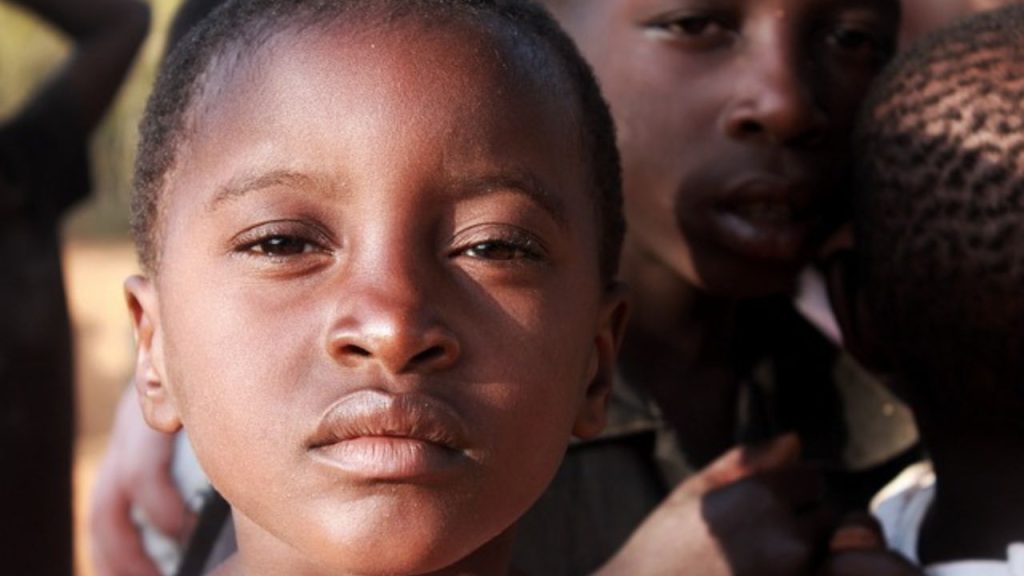
Africa is a cultural mosaic, home to more than 3,000 distinct ethnic groups and over 2,000 languages. Some countries, like Nigeria, have over 500 languages spoken within their borders. Arabic, Swahili, and Hausa are among the most spoken languages, but the sheer diversity of dialects and local tongues is mind-blowing. Each region, tribe, and community in Africa has its unique traditions, music, dance, and storytelling that have been passed down through generations.
4. The Sahara: World’s Largest Hot Desert
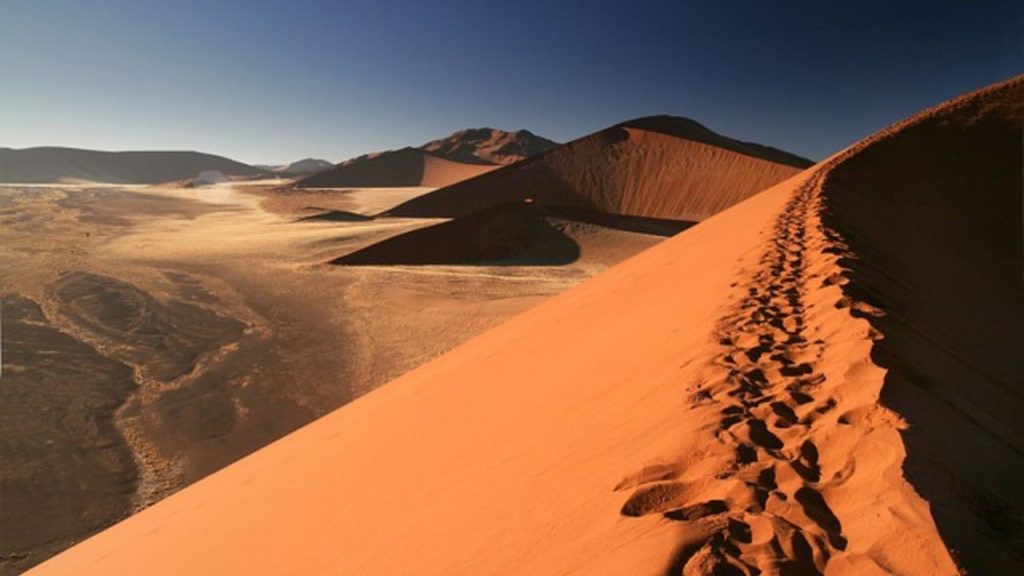
The biggest scorching desert in the world, the Sahara Desert, comes to mind for many people when they think about Africa. The Sahara, which covers 9.2 million square kilometers, is nearly as big as the whole United States! It is well-known for its intense heat, golden dunes, and uncommon desert oasis, and it spans 11 nations. The Sahara is home to hardy humans and animals that have evolved to thrive in this severe climate, despite its hostile surroundings.
5. Home to the World’s Longest River: The Nile
The longest river in the world is the Nile, which is approximately 6,650 kilometers (4,130 miles) long. The Nile, which flows north across northeastern Africa, was vital to the rise of societies such as ancient Egypt. Because of the river’s rich banks, agriculture flourished and one of the most developed ancient communities rose to prominence. Even now, the economies of nations like Egypt and Sudan depend heavily on the Nile.
6. Africa’s Wildlife Wonders
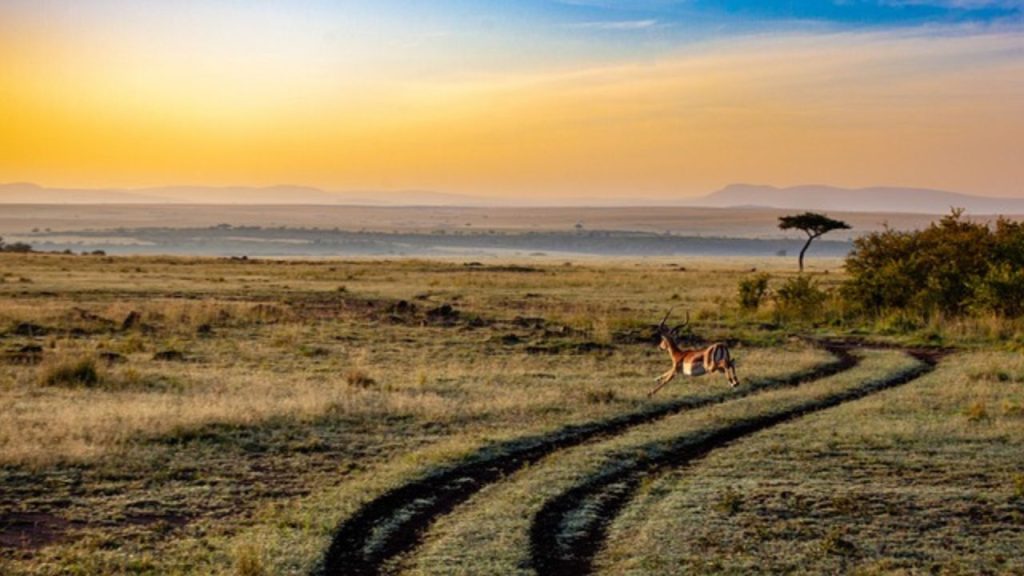
Some of the most recognizable animal species in the globe may be found in Africa. Millions of visitors visit the “Big Five” (lion, elephant, buffalo, leopard, and rhinoceros) every year for safaris and wildlife experiences. Africa is home to thousands of different animals, including giraffes, zebras, hippos, gorillas, cheetahs, and the Big Five. Africa is a haven for animal enthusiasts because of its abundant wildlife in its marshes, rainforests, and savannas.
7. Rich in Natural Resources
Africa is incredibly rich in natural resources. It holds large reserves of oil, gold, diamonds, and precious minerals like cobalt and platinum. South Africa, for example, is one of the world’s leading producers of gold and diamonds. However, this wealth of resources has historically been both a blessing and a curse. While they have the potential to drive development, they have also fueled conflicts and exploitation.
8. Mount Kilimanjaro: Africa’s Highest Peak
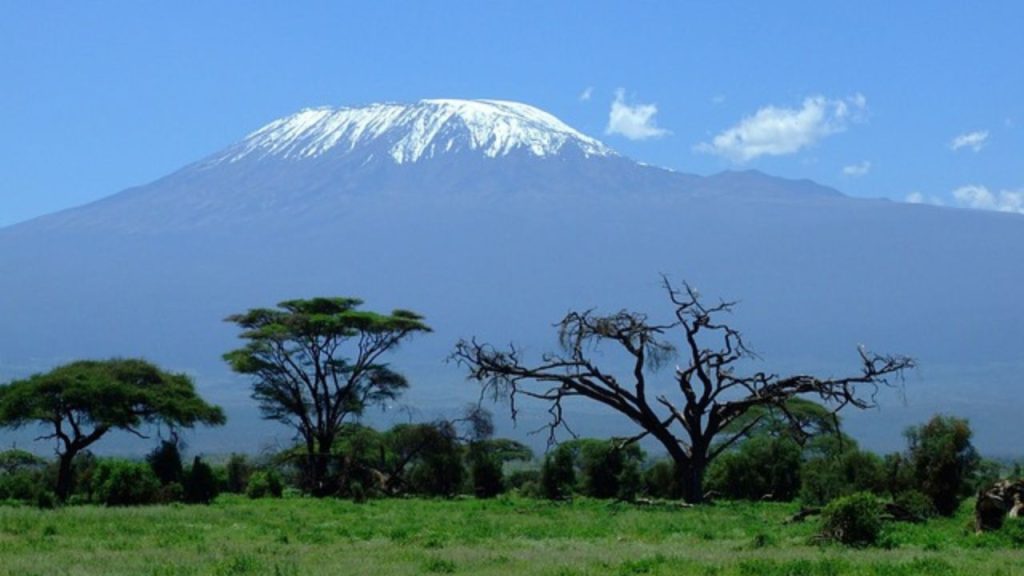
Mount Kilimanjaro, Africa’s highest peak, rises magnificently from Tanzania’s plains to 5,895 meters (19,341 feet) above sea level. Kibo, Mawenzi, and Shira comprise the peaks of this extinct volcano. With tropical rainforests at its base and a frozen arctic zone at its summit, Kilimanjaro is unusual in that it provides a range of habitats all within one mountain. Many explorers from all around the world have the goal of climbing Mount Kilimanjaro.
9. The Continent with the Most Countries
Africa consists of 54 countries, more than any other continent. These nations range from some of the world’s smallest, like Seychelles and The Gambia, to giants like Algeria and the Democratic Republic of Congo. Each country has its political system, economy, and rich history, adding to the continent’s incredible diversity.
10. Africa’s Ancient Civilizations
Long before European colonization, Africa was home to advanced civilizations. The ancient Egyptian empire is one of the most famous, known for its pyramids, pharaohs, and hieroglyphics. But beyond Egypt, other powerful kingdoms such as the Mali Empire, led by the legendary Mansa Musa (who is often considered the richest person in history), the Kingdom of Kush, and Great Zimbabwe played vital roles in shaping African and world history.
11. A Land of Innovation and Creativity
Africa is often overlooked when it comes to innovation, but the continent has produced some of the world’s most brilliant inventors and thinkers. For instance, ancient Egyptians pioneered numerous medical techniques, mathematical systems, and architectural marvels. In the modern era, countries like Kenya are leading the way in mobile payment systems with innovations like M-Pesa, revolutionizing financial access for millions.
12. Lakes Galore: The African Great Lakes
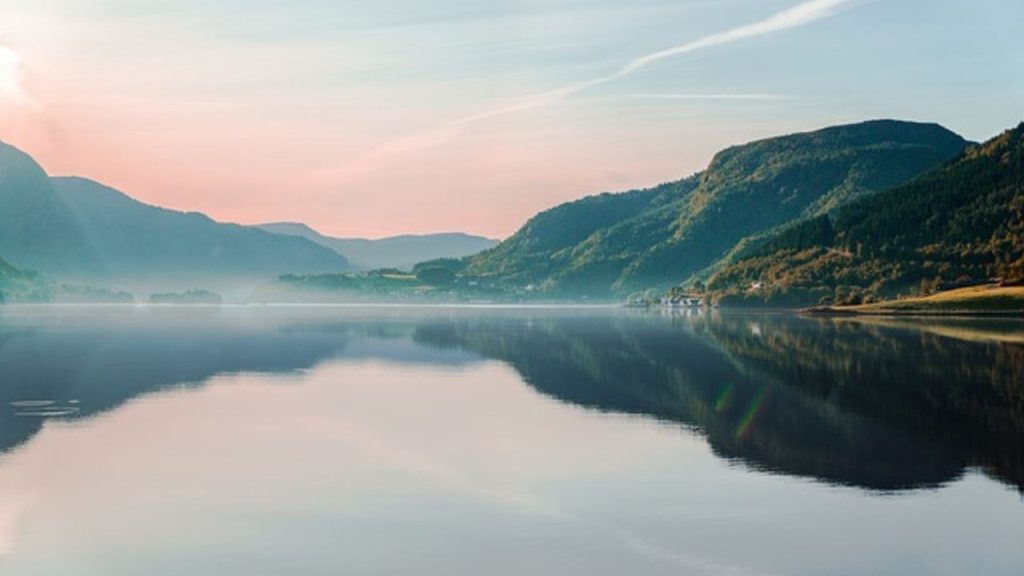
Africa is home to some of the world’s largest and deepest lakes, collectively known as the African Great Lakes. Lake Victoria, the largest lake in Africa, is also the second-largest freshwater lake in the world by surface area. Lake Tanganyika is the second-deepest and second-largest by volume, known for its biodiversity. These lakes not only provide water and sustenance but also support thriving ecosystems and communities.
13. Madagascar: The Unique Island
The island nation of Madagascar, located off the southeastern coast of Africa, is famed for its unique flora and fauna. About 90% of the species found on the island, including the adorable lemurs, can’t be found anywhere else in the world. Madagascar’s isolation over millions of years has allowed it to develop ecosystems, unlike any other place on Earth.
14. Africa’s Booming Cities
Africa’s urban areas are growing at an astonishing rate. Cities like Lagos (Nigeria), Cairo (Egypt), Nairobi (Kenya), and Johannesburg (South Africa) are among the largest and fastest-growing in the world. Lagos, for example, is predicted to become one of the most populous cities globally within the next few decades. These cities are cultural, economic, and technological hubs, reflecting the dynamism and energy of the African people.
15. Deserts and Rainforests: Extreme Climates
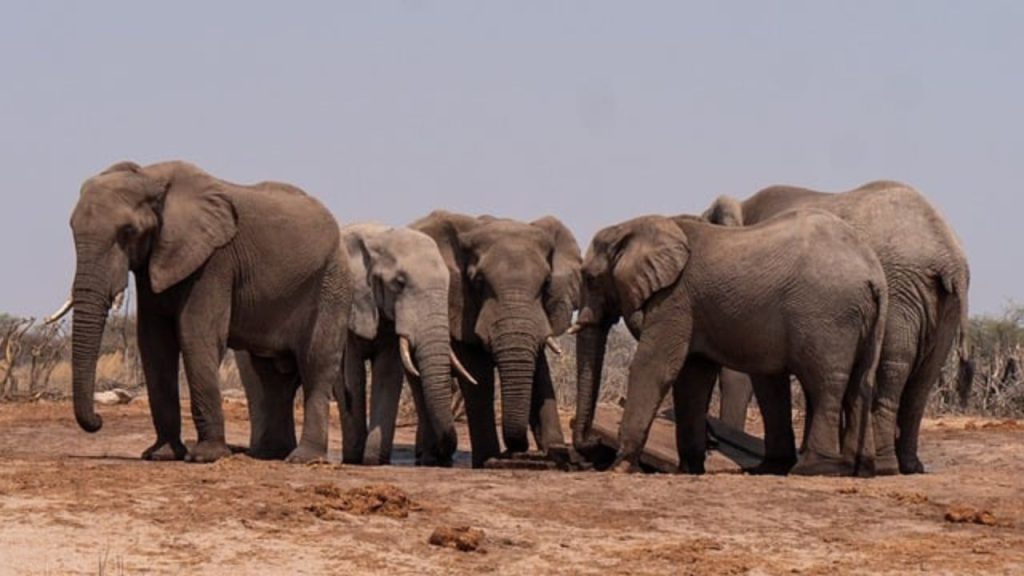
Africa is a continent of climatic extremes. The Sahara Desert is blisteringly hot and dry, while the Congo Rainforest is the second-largest tropical rainforest in the world (after the Amazon), receiving heavy rainfall year-round. The continent also has semi-arid regions like the Sahel and Mediterranean climates along its northern and southern coasts. This diversity in climates supports an equally diverse range of ecosystems and wildlife.
16. Africa’s Young Population
Africa has the youngest population of any continent, with more than 60% of its population under the age of 25. This youthful demographic is seen as both a challenge and an opportunity. While rapid population growth poses challenges in education, healthcare, and employment, it also represents a vast potential for innovation, creativity, and economic growth in the future.
17. The Great Migration
One of the most amazing natural phenomena takes place on the Serengeti every year in Tanzania and Kenya: the Great Migration. It’s the greatest land mammal migration on Earth, with millions of wildebeest, zebras, and other grazing species migrating in search of new grazing sites. This legendary trek, rife with perils like as predators and river crossings, is among the most breathtaking examples of animal behavior.
18. Africa’s Impact on Global Culture
Africa’s influence on global culture is immense, particularly in the areas of music, art, and dance. Genres like jazz, blues, and hip-hop have roots in African rhythms and traditions. Today, Afrobeats, a genre of music originating from West Africa, is taking the world by storm, with artists like Burna Boy and Wizkid gaining international fame. African fashion, art, and cinema are also gaining recognition on the global stage.
Conclusion
Africa is a continent like no other, filled with extraordinary beauty, history, and vitality. From its ancient civilizations to its bustling modern cities, its diverse ecosystems to its rich cultural heritage, Africa continues to fascinate and inspire people worldwide. Whether you’re drawn to its wildlife, its landscapes, or its vibrant cultures, there’s always something new and exciting to discover about Africa.

